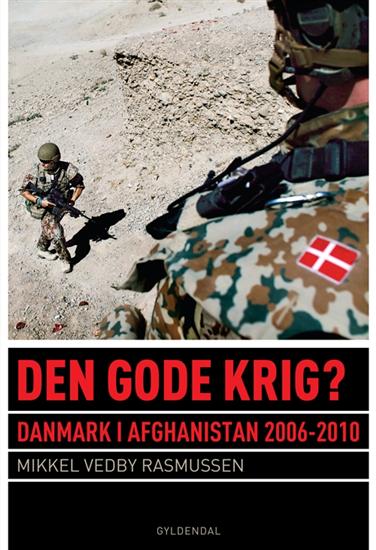Self-hatred in the West is a strange and indeed puzzling thing. It seems to happen when loyalty to one’s own cultural heritage is transferred to an ideal location. A common explanation offers guilt as the psychological dynamic of cultural self-alienation, but it is not at all clear what the average European should feel guilty for, and who should be guilty for whatever it might turn out to be. Guilt in this context is seldom defined, but we may suggest, in brief, that feeling guilty is a learned emotion derived from a consciousness, real or imagined, that one has betrayed a moral principle constituting one’s identity. It might be possible, for example, that some people have so internalized equality of social and economic conditions as a moral principle that they experience the disabling emotion of guilt merely from the contrast between their own wealth, on the one hand, and the poverty of some reference group on the other. If so, the therapy is clear enough: Sell all thou hast and give it to the poor. Some individuals have in fact done this, but it is rare. If guilt does lie behind the passionate self-hatred of some Westerners, then they seem to have gritted their teeth and with great fortitude learned to enjoy its benefits.
- Kenneth Minogue, The Servile Mind (2010)




